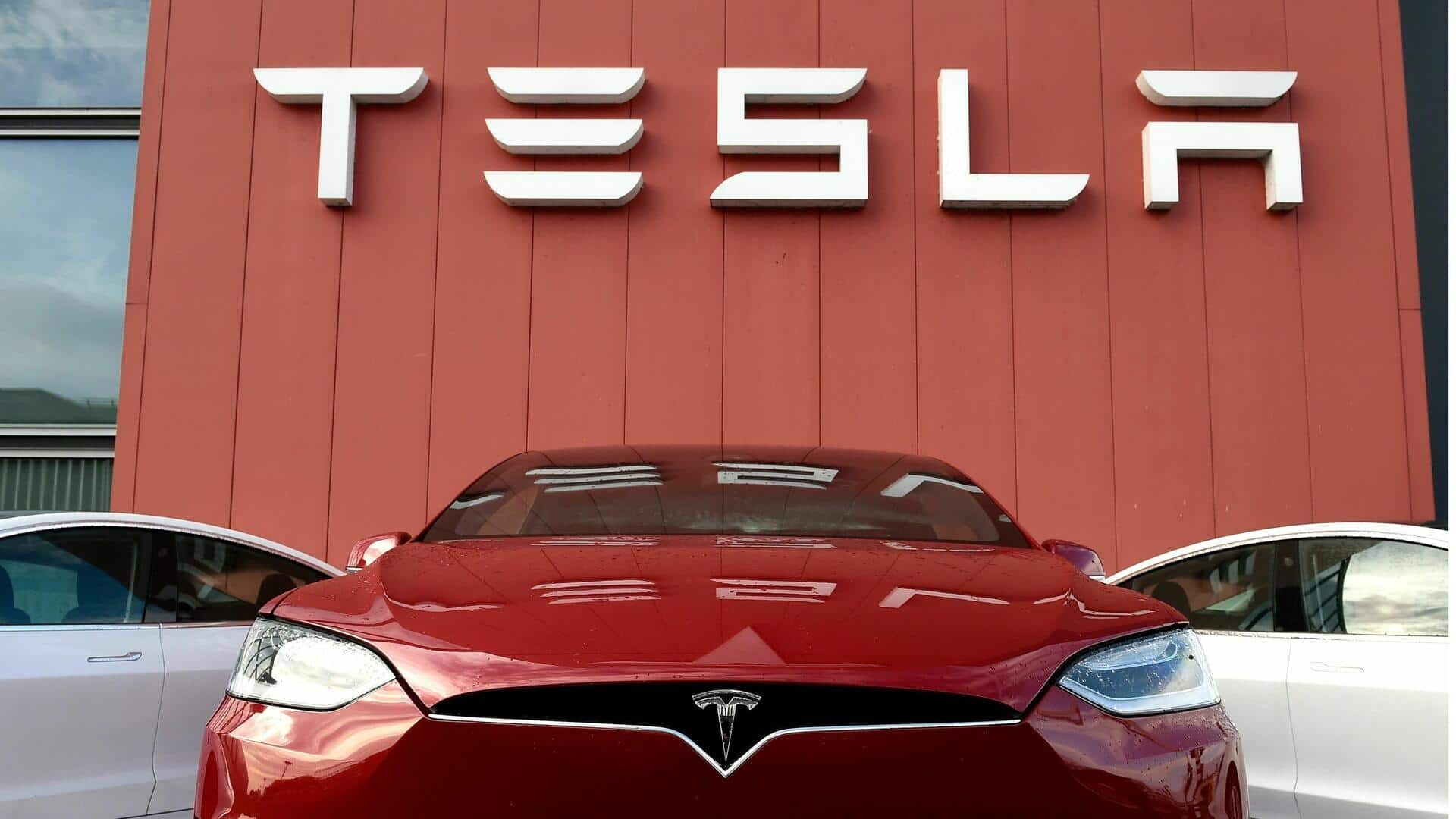
Clean cars, dirty secrets? Tesla faces child labor concerns
What's the story
Tesla, a leading consumer of cobalt for its electric vehicles (EVs), is facing criticism over potential child and forced labor in its cobalt supply chain. Activists argue that the company's supplier audits, involving scheduled visits by third-party monitors, may not be sufficient to prevent unethical mining practices. Despite CEO Elon Musk's previous promise of real-time mine monitoring, critics claim the current system only provides monthly blurred satellite images.
Supply complexity
Tracing cobalt origins: A challenge for Tesla
Tesla's cobalt supply, sourced from various mines and mixed together, makes it difficult to trace its exact origin. The company's primary cobalt supplier, Kamoto Copper Co., operates a large mechanized mine but also buys additional cobalt from local artisanal mines. Critics believe these smaller mines may employ child labor and in some cases forced labor.
Humanitarian concerns
Child labor in DRC's cobalt mines raises alarm
The Democratic Republic of the Congo (DRC), where 70% of the world's cobalt is mined, has seen a surge in its cobalt mining industry. However, humanitarian groups express concern over child labor in these mines. The Geneva Center for Business and Human Rights estimates that about 40,000 minors are working in DRC's small-scale mining operations, instead of attending school or playing.
Cobalt reduction
Tesla's efforts to eliminate cobalt
In response to the child labor concerns, Tesla has announced its efforts to eliminate cobalt from its supply chain. Currently, the company's battery chemistry comprises just 3% cobalt by weight. Tesla has revealed a Lithium Iron Phosphate (LIP) battery that does not require cobalt, but it is unclear which cars or what percentage of production uses these new batteries.
Market dynamics
Cobalt demand rises despite price drop
The price of cobalt has recently fallen by nearly half, leading to increased demand for cobalt batteries, as they are cheaper to produce than the new LIP ones. Caspar Rawles, Benchmark Mineral Intelligence's Chief Data Officer, told Forbes, "Despite cobalt consumption trending down slowly on a per unit basis, overall consumption is rising due to increasing vehicle sales, which far outweighs any reduction at the cell level."